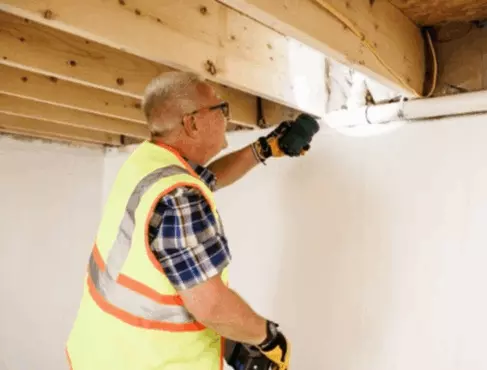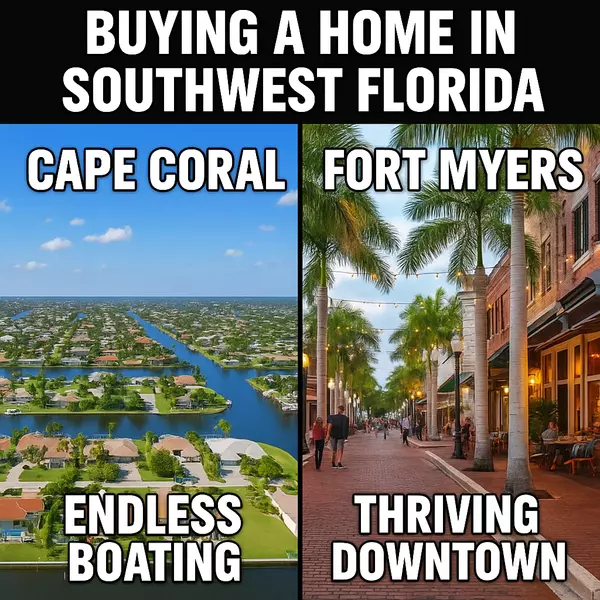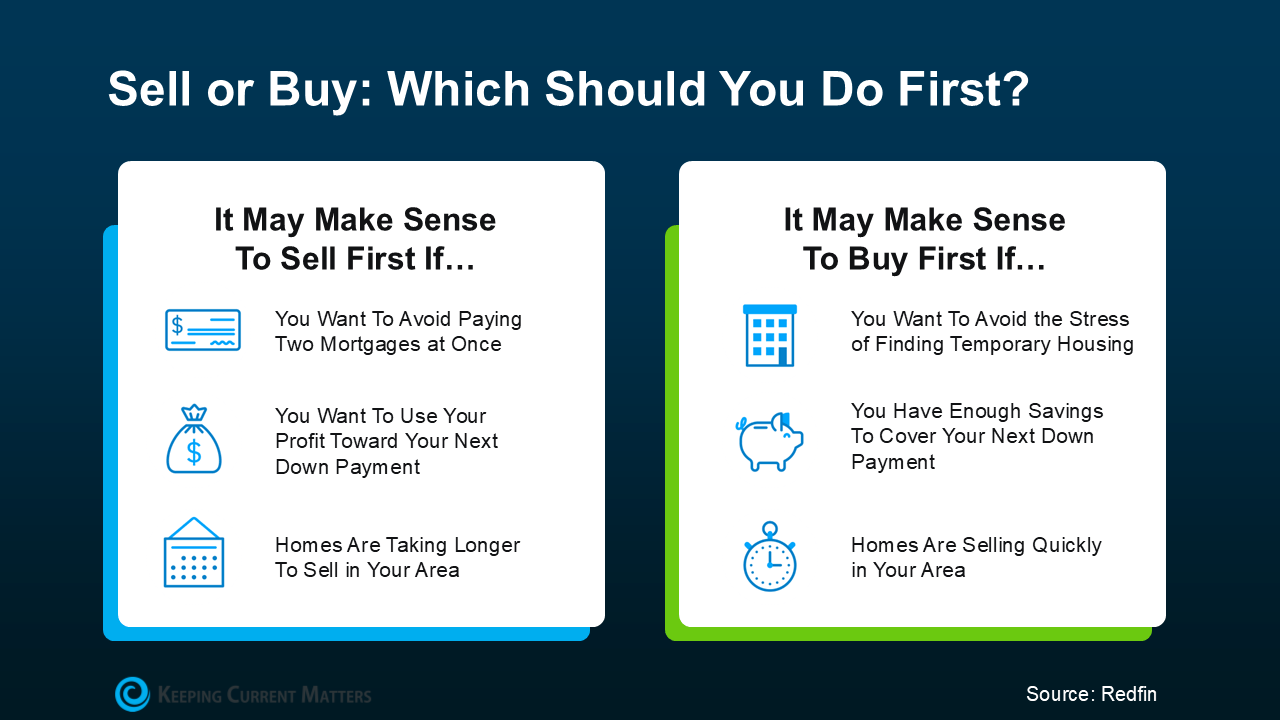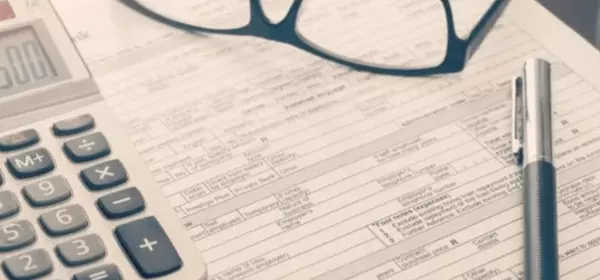
Consumer Guide: Home Inspections
Between signing and closing, a homebuyer may choose to have a new home inspected to make sure it is in good condition and safe for a new owner. Here’s what buyers and sellers should know What is a home inspection? A home inspection assesses a home’s condition, in which an inspector identifies p

Common Questions About 55+ Active Adult Communities
What is a 55+Community? Find out if it's right for you. Among the many senior living options available in today's marketplace is the "active adult community." But what exactly does this term mean, and what distinguishes an active adult community from other senior living options? Here are answe

Understanding Credit Scores: Why They Matter in Real Estate
What Homebuyers Need To Know About Credit Scores Your credit score is essential; however, that doesn't mean it has to be perfect. Always work with a lender or a Realtor to learn more about loan options that might work for you. Interesting Fact: - 7 of 10 prospective homebuyers don't know the mini
Categories
Recent Posts











